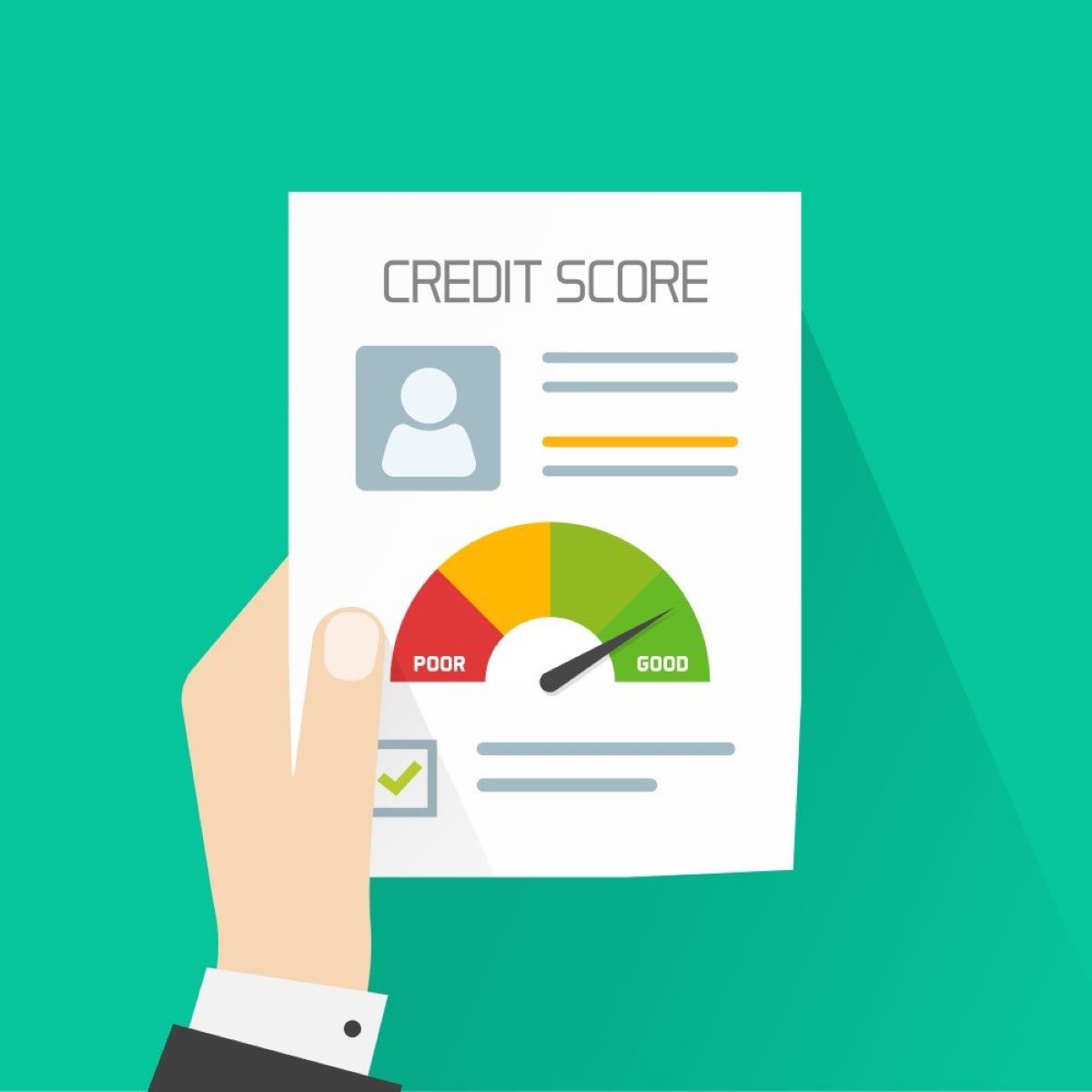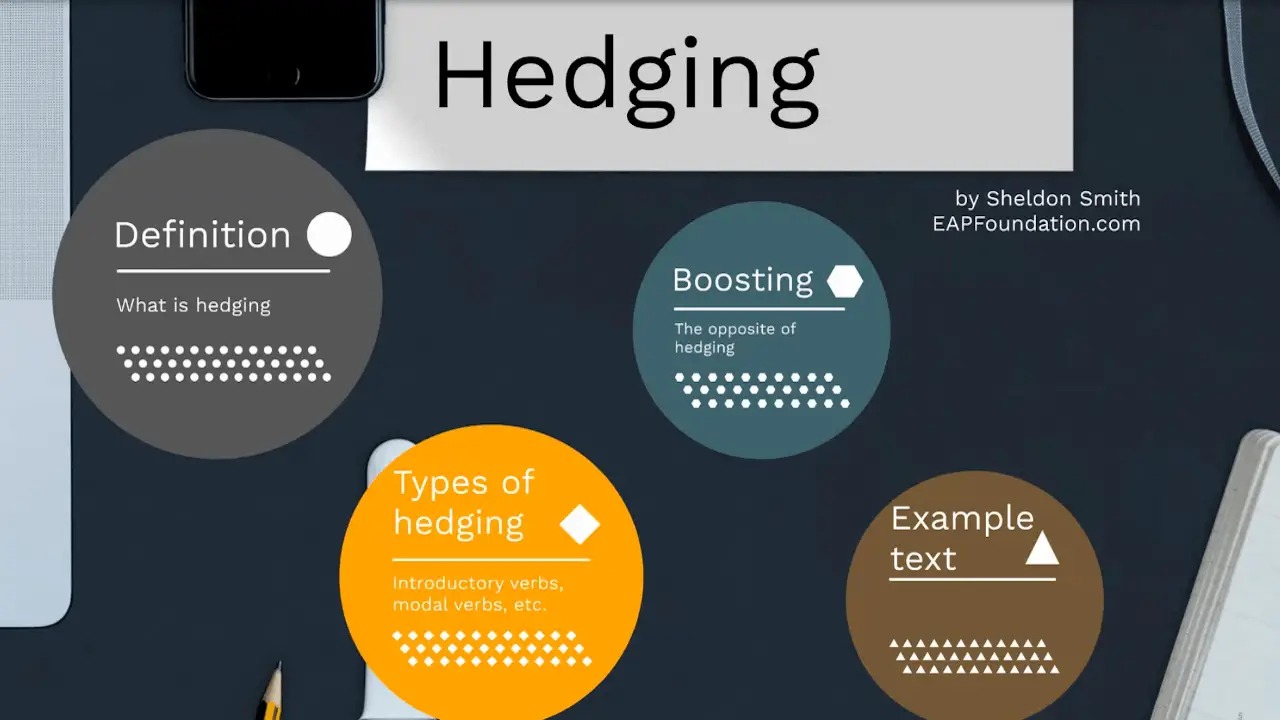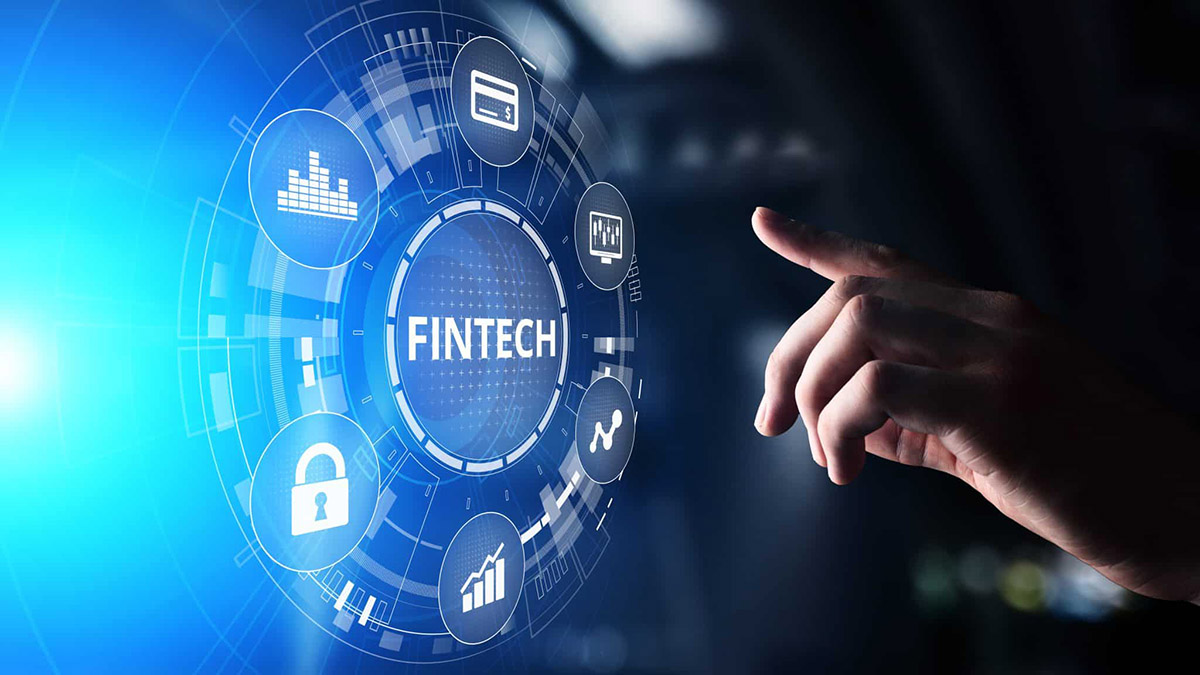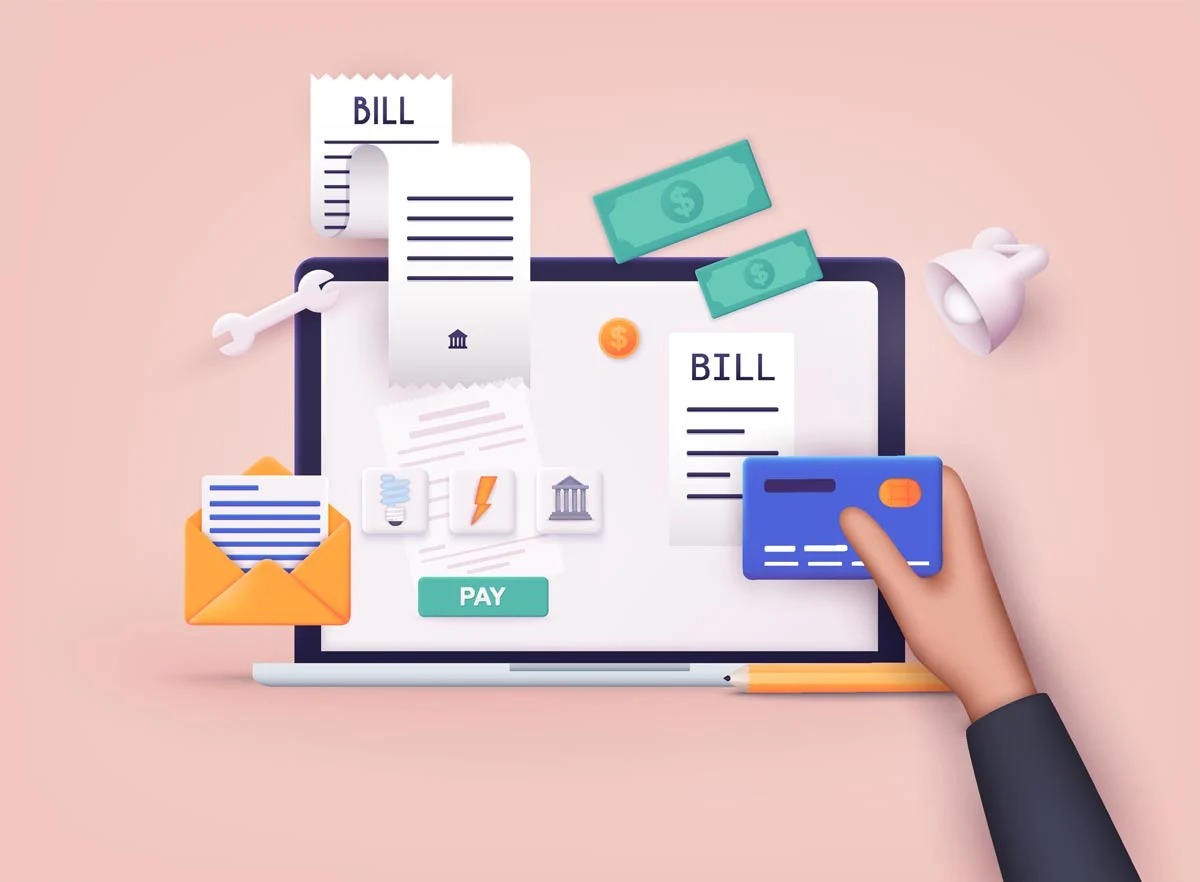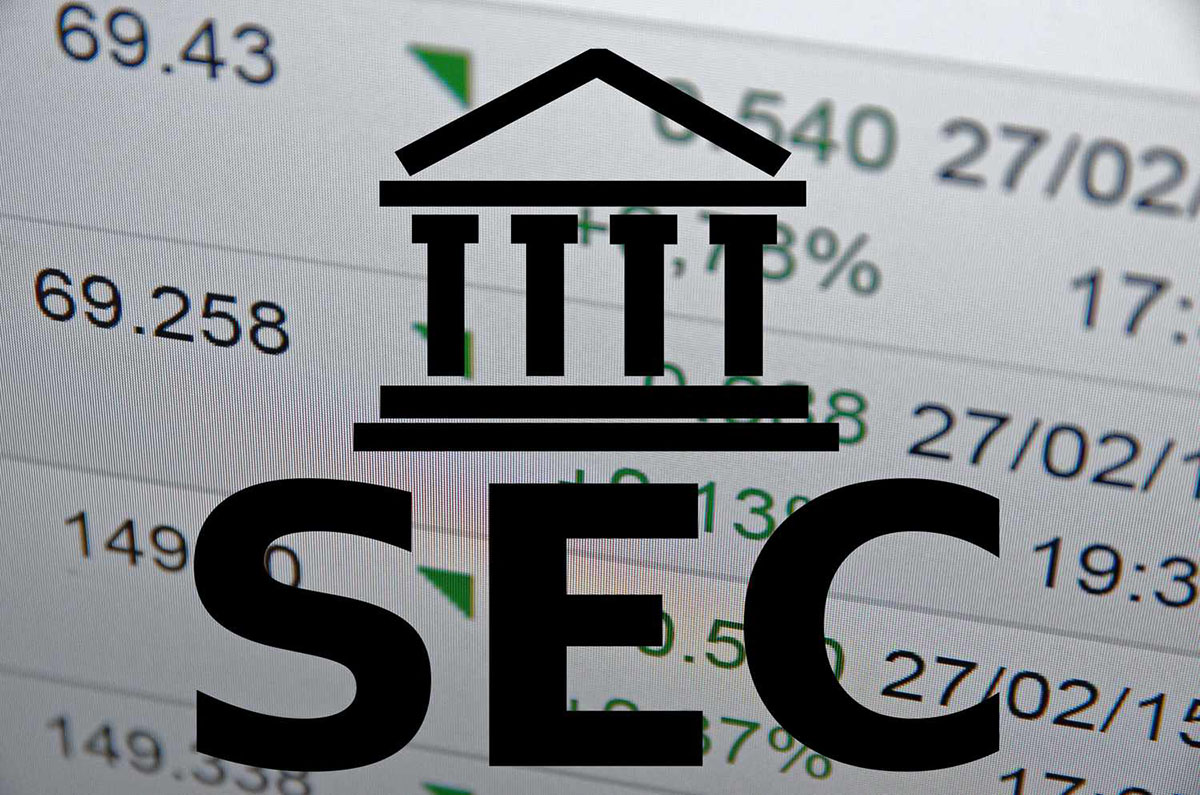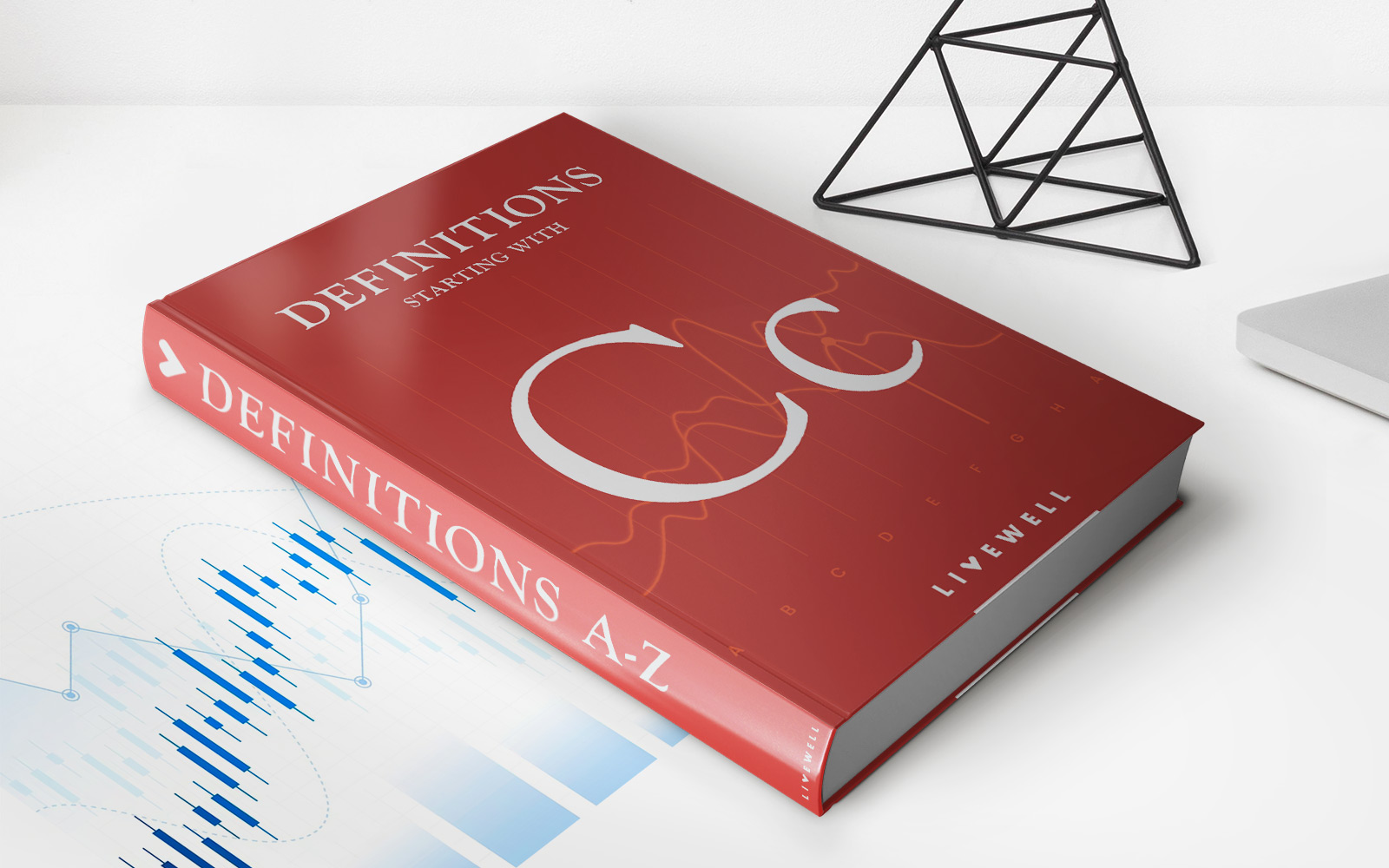Home>Finance>Why Is It So Important To Have A Checking Account?
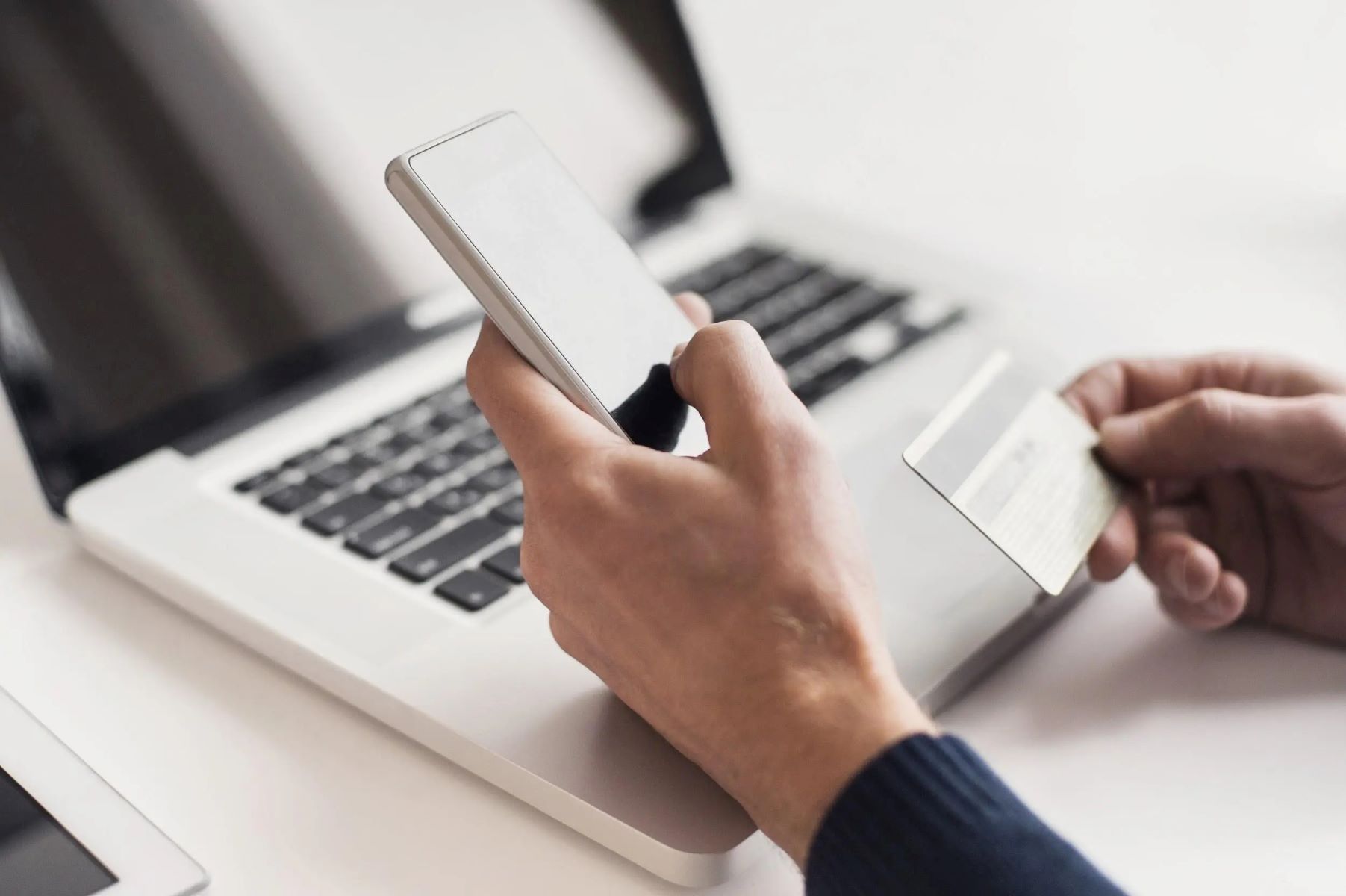

Finance
Why Is It So Important To Have A Checking Account?
Published: October 28, 2023
Learn why having a checking account is crucial for managing your finances effectively. Discover the benefits of having a dedicated account for your daily transactions and financial stability.
(Many of the links in this article redirect to a specific reviewed product. Your purchase of these products through affiliate links helps to generate commission for LiveWell, at no extra cost. Learn more)
Table of Contents
Introduction
Having a checking account is an essential part of managing your personal finances. It provides you with a convenient and secure way to deposit and withdraw money, make payments, and track your expenses. In today’s digital age, where cash transactions are becoming increasingly rare, a checking account allows you to easily manage your money and access a variety of financial services.
In this article, we will discuss why having a checking account is so important. We will explore the convenience and accessibility it offers, the safety and security it provides, and how it can help you establish a credit history. Additionally, we will delve into the various deposit and withdrawal options available, how it aids in easy money management, and the access it grants you to financial services.
Whether you’re a young adult just starting to navigate your financial journey or someone looking for better ways to manage their money, understanding the importance of a checking account can help you make informed decisions about your finances.
So, let’s dive in and explore why having a checking account is a crucial aspect of your personal financial management.
Convenience and Accessibility
One of the primary reasons why having a checking account is important is the convenience and accessibility it offers. With a checking account, you no longer need to carry around large amounts of cash or worry about finding an ATM to withdraw money. Instead, you can simply write a check or use a debit card to make purchases or pay bills.
Furthermore, most checking accounts come with online and mobile banking options. This means you can access your account information, check your balance, and transfer funds anytime and anywhere. Whether you’re at home, at work, or on the go, having a checking account gives you the flexibility to manage your finances conveniently.
Moreover, having a checking account allows you to set up automatic bill payments. This means you can schedule your recurring payments, such as rent, utilities, or subscriptions, to be debited from your account on specific dates. This not only saves you time and effort but also ensures that your bills are always paid on time, preventing any late fees or penalties.
Additionally, many checking accounts offer features like mobile check deposit, which allows you to deposit checks directly from your smartphone by taking a photo of the check. This eliminates the need to physically visit a bank branch or ATM to deposit your checks, making the process more convenient and efficient.
In summary, having a checking account provides you with the convenience and accessibility to manage your money effortlessly. With features like online and mobile banking, automatic bill payments, and mobile check deposit, a checking account simplifies your financial transactions and allows you to stay on top of your finances with ease.
Safety and Security
Another crucial reason why having a checking account is important is the safety and security it provides for your money. When you keep your money in a checking account, it is protected from the risks associated with carrying cash.
Firstly, a checking account significantly reduces the risk of theft or loss. Carrying around large sums of cash can make you a target for thieves. With a checking account, your money is securely stored in a financial institution, protected by robust security measures such as encryption and fraud detection systems.
In addition, most checking accounts are insured by the Federal Deposit Insurance Corporation (FDIC) in the United States. This means that even if the bank fails, your deposits are covered up to $250,000 per account holder. Having this insurance provides peace of mind, knowing that your hard-earned money is protected.
Furthermore, a checking account offers you the ability to monitor your transactions and detect any unauthorized activity. Regularly reviewing your account statements and transaction history allows you to identify any fraudulent charges or unauthorized withdrawals, enabling you to take immediate action and protect your funds.
Another important aspect of safety and security is the ability to stop payment on a check. If you’ve written a check and lost it or had it stolen, you can contact your bank and place a stop payment on that particular check. This prevents anyone from cashing or depositing the check and protects you from any potential financial loss.
In summary, a checking account provides safety and security for your money through measures such as theft prevention, FDIC insurance, transaction monitoring, and the ability to stop payment on a check. By keeping your funds in a secure and protected environment, you can have peace of mind knowing that your money is safe.
Deposit and Withdrawal Options
Having a checking account offers a variety of deposit and withdrawal options, making it convenient and flexible for managing your finances.
When it comes to depositing money into your checking account, you have several options. You can visit a bank branch and make a cash deposit with a teller. This is a straightforward method for those who prefer face-to-face interactions and want immediate confirmation of the deposit.
Alternatively, many banks offer automated teller machines (ATMs) where you can deposit cash or checks. Simply insert your card and follow the instructions to deposit your funds. Some ATMs allow you to deposit cash and checks separately, while others have combined deposit slots.
Furthermore, most banks now provide the convenience of mobile check deposit. This feature enables you to take a photo of the front and back of a check using your smartphone and submit it through your bank’s mobile app. The funds are typically available within a few business days, saving you a trip to the bank.
When it comes to withdrawing money from your checking account, you can use your debit card to make purchases directly or withdraw cash from ATMs. Debit cards are widely accepted at various merchants, allowing you to make payments conveniently without the need for cash.
If you need cash, ATMs offer easy access to your funds. Many ATMs are available 24/7, allowing you to withdraw cash whenever you need it. Moreover, some banks have a network of ATMs, providing fee-free withdrawals within the network, saving you from incurring unnecessary charges.
Additionally, some banks offer the option to write checks from your checking account. This allows you to make payments to individuals or businesses without the need for cash or your debit card. Writing checks provides a paper trail for your transactions and can be useful for larger payments or when online payment options are not available.
In summary, a checking account provides you with a range of deposit and withdrawal options. Whether it’s depositing cash or checks through a bank teller, using ATMs for quick access to your funds, or writing checks for payments, the flexibility and convenience of these options make managing your finances hassle-free.
Easy Money Management
A checking account is a powerful tool for managing your money effectively and efficiently. It provides you with various features and tools that simplify the process of keeping track of your income, expenses, and overall financial health.
One of the key advantages of a checking account is the ability to view and monitor your transactions online or through a mobile banking app. This gives you real-time access to your account balances and transaction history, allowing you to stay updated with your financial activity. With this information at your fingertips, you can easily track your spending, identify patterns, and make informed decisions about your financial priorities.
Many checking accounts also offer the ability to categorize your transactions. This feature allows you to assign labels or categories to your expenses, such as groceries, utilities, or entertainment. By doing so, you can generate detailed reports and understand how much you’re spending in each category. This insight is invaluable for budgeting and helps you identify areas where you can potentially save money.
In addition to categorization, some checking accounts offer personal finance management tools. These tools provide you with visual representations of your spending habits, such as charts and graphs, which make it easier to analyze your financial behavior. They also offer budgeting features that allow you to set spending limits for different categories, helping you stay on track and avoid overspending.
Another helpful feature of a checking account is the ability to set up alerts and notifications. You can customize these alerts to notify you of low balances, large transactions, or upcoming bill payments. These reminders ensure that you stay aware of your financial commitments and avoid overdraft fees or missed payments.
Moreover, a checking account provides you with the convenience of online bill payment. Instead of writing and mailing checks or physically visiting payment centers, you can easily pay your bills online through your checking account. This saves you time and effort while ensuring that your payments are made accurately and on time.
Overall, a checking account simplifies money management by providing you with real-time access to your transactions, the ability to categorize and analyze your spending, personal finance management tools, alerts and notifications, and online bill payment capabilities. With these features, you can effectively track your finances, make informed decisions, and stay on top of your financial goals.
Establishing Credit History
Having a checking account is not only important for day-to-day financial management but also plays a crucial role in establishing your credit history. Your credit history reflects your track record of managing credit and is a significant factor that lenders consider when determining your creditworthiness for future loans or credit applications.
While a checking account itself does not directly contribute to your credit score, it can indirectly impact your credit history in several ways. First and foremost, a checking account demonstrates financial stability and responsibility to potential lenders. When you maintain a checking account, it shows that you have a stable source of income and are capable of managing your finances effectively.
Additionally, a checking account is often a prerequisite for other financial services that do impact your credit history, such as obtaining a credit card or a personal loan. Lenders typically evaluate your banking history, including how long you have maintained a checking account, as part of their assessment of your creditworthiness.
Furthermore, having a checking account can help you establish a positive payment history. If you use your checking account to pay bills on time, such as rent, utilities, or loan payments, it demonstrates your ability to meet financial obligations. Timely and consistent payments are key factors in building a strong credit history.
Moreover, a checking account can assist you in building a relationship with a financial institution. Establishing a long-term relationship with a bank or credit union can be beneficial when you need future financial products, such as a mortgage or an auto loan. Lenders often consider your history with a banking institution when evaluating loan applications and may offer more favorable terms to customers with existing relationships.
In summary, having a checking account is instrumental in establishing a positive credit history. While it doesn’t directly impact your credit score, it demonstrates financial stability, serves as a prerequisite for other financial services, enables you to build a positive payment history, and establishes relationships with financial institutions. By effectively managing your checking account, you lay the foundation for a strong credit history, which can open doors to favorable financial opportunities in the future.
Access to Financial Services
A checking account serves as a gateway to a wide range of financial services that can significantly enhance your financial management and planning.
One major benefit of having a checking account is the ability to apply for and use a debit card. A debit card allows you to make purchases directly from your checking account funds, eliminating the need to carry cash. With a debit card, you can shop online, make in-store purchases, and withdraw cash from ATMs. It provides a convenient and secure way to access your money for everyday transactions.
In addition to a debit card, having a checking account often makes you eligible for other financial services, such as a savings account or a certificate of deposit (CD). A savings account helps you save money by earning interest on your deposits, allowing you to set aside funds for future goals or emergencies. A CD, on the other hand, offers a higher interest rate for a fixed term, providing you with another option for growing your savings.
Besides basic banking services, many financial institutions offer additional perks and benefits to checking account holders. These can include discounts on financial products, access to exclusive rewards programs, or special offers on loans or credit cards. These perks can help you save money and make the most of your banking relationship.
Moreover, a checking account provides you with the opportunity to establish a relationship with a financial advisor or personal banker. These professionals can offer guidance and advice on various financial matters, such as budgeting, investments, retirement planning, or loan options. Their expertise can help you make informed decisions and optimize your financial strategies.
Lastly, having a checking account enables you to participate in other financial services like electronic bill payment, direct deposit of paychecks, or automatic transfers. These services can streamline your financial transactions and make managing your money more efficient.
In summary, a checking account grants you access to a wide array of financial services that can enhance your financial management and planning. From debit card usage and eligibility for savings accounts or CDs to additional perks, discounts, and personalized guidance from financial professionals, having a checking account opens the door to an array of financial opportunities.
Minimizing Fees and Expenses
An often overlooked, but important, reason for having a checking account is the opportunity to minimize fees and expenses associated with managing your finances.
Firstly, many banks offer fee waivers for maintaining a certain balance in your checking account. By keeping a specified minimum balance, often known as a minimum daily balance, you can avoid monthly maintenance fees. This can save you a significant amount of money over time, especially if you consistently maintain the required balance.
Furthermore, a checking account provides you with the convenience of paying bills electronically. Many banks offer online bill payment services, either through their website or mobile app, which allows you to pay your bills without the need for checks or money orders. This eliminates the cost of purchasing checks or paying for money orders, as well as the potential postal fees associated with mailing payments.
In addition, having a checking account can help you avoid overdraft fees. Overdraft fees occur when you spend more money than you have available in your account and the bank covers the transaction on your behalf. By monitoring your account balance and setting up alerts for low balances, you can avoid overdrafts and the accompanying fees that can quickly add up.
Moreover, a checking account provides you with access to a network of ATMs. Most banks have partnerships with ATM networks, allowing you to withdraw cash without incurring fees at designated ATMs. By using ATMs within your bank’s network, you can easily avoid the often hefty fees associated with using out-of-network ATMs.
Lastly, a checking account gives you the ability to track and analyze your expenses. By regularly reviewing your account statements and transaction history, you can identify areas of excessive spending and make adjustments to minimize unnecessary expenses. This increased awareness and control over your spending can help you make more informed financial decisions and reduce unnecessary costs.
In summary, having a checking account can help you minimize fees and expenses associated with managing your finances. Through fee waivers for maintaining a minimum balance, online bill payment services, avoiding overdraft fees, accessing network ATMs, and monitoring your expenses, a checking account provides you with opportunities to save money and keep your financial costs in check.
Conclusion
In conclusion, having a checking account is vital for effective personal financial management. It offers numerous benefits that make it an essential tool in today’s digital age.
First and foremost, a checking account provides convenience and accessibility. It eliminates the need to carry cash, offers online and mobile banking options, and allows you to set up automatic bill payments, giving you full control over your finances.
Furthermore, a checking account ensures safety and security for your hard-earned money. With robust security measures, FDIC insurance, and the ability to monitor transactions, it safeguards your funds from theft or loss.
Additionally, a checking account provides a variety of deposit and withdrawal options, making it easy to manage your money. You can deposit cash or checks at bank branches or ATMs, use mobile check deposit, and withdraw cash from ATMs. Writing checks is also an option for making payments.
Moreover, a checking account simplifies money management through features such as transaction monitoring, expense categorization, personal finance management tools, alerts, and online bill payment. These tools help you track your spending, make informed decisions, and stay on top of your financial goals.
Furthermore, a checking account plays a crucial role in establishing your credit history. It demonstrates financial stability, is often a prerequisite for other financial services, helps build a positive payment history, and establishes relationships with financial institutions.
Lastly, having a checking account grants you access to a wide range of financial services, such as debit cards, savings accounts, CDs, and personalized guidance from financial professionals. It also allows you to participate in electronic bill payment, direct deposit, and automatic transfers.
In sum, whether you’re just beginning your financial journey or seeking better ways to manage your money, a checking account is an indispensable tool. It provides convenience, security, flexibility, and access to financial services that can help you achieve your financial goals and build a stable financial future.




